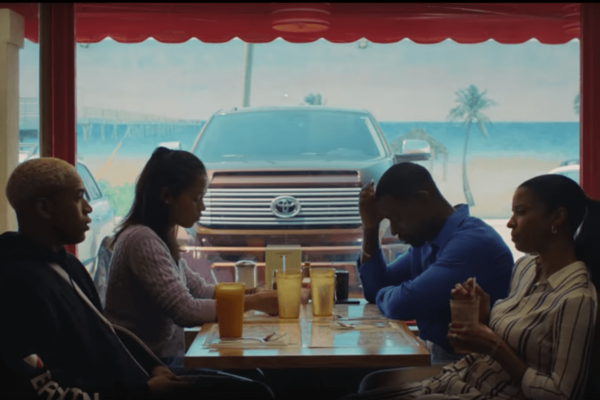Nov 19, 2019
Every moment feels true to life, and the literal waves — the peaks of emotion and the sinking tragedies — carry viewers up and down, a rhythm as unpredictable as it as captivating. WAVES is a film for 2019, that does not shy away from the music and actions of teenagers living in 2019.
Read the Full Article

Already a subscriber? Login
